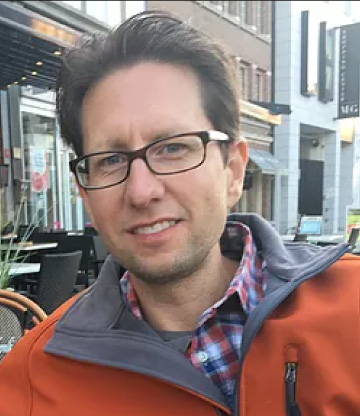Best way to stay in the loop? Know people from other social circles
October 4, 2024 - Shelly DeJong
Do close friends or casual acquaintances help you stay the most informed? Contrary to a long-standing social science theory, new research from Michigan State University suggests that having people in your life who expose you to other social circles helps you stay most informed.
“When it comes to hearing about new things, it doesn’t matter whether someone is just a casual acquaintance or your closest friend. What matters is that they can help you tap into other social circles,” said Zachary Neal, professor in MSU’s Department of Psychology and author of the study.
 The study — published in Network Science — examined over 50 real social networks and 2,500 simulated social networks to understand how new ideas get shared. The real social networks came from many different settings including school and work, while the simulated networks made it possible to consider an even wider range of possibilities.
The study — published in Network Science — examined over 50 real social networks and 2,500 simulated social networks to understand how new ideas get shared. The real social networks came from many different settings including school and work, while the simulated networks made it possible to consider an even wider range of possibilities.
These findings suggest that one of the most influential theories in social sciences, the Strength of Weak Ties theory, needs revising. This 50-year-old theory states that casual acquaintances or “weak ties” are especially important because they expose you to new ideas.
“Although the Strength of Weak Ties theory has been very influential, it makes some assumptions about social networks that usually don’t match reality,” said Neal. “The theory focused attention on whether your connection to a person was weak or strong, but it should have focused on whether the connection is a ‘bridge’ that gets you outside of your social bubble.”
The study suggests that there’s no need to prioritize having many casual acquaintances over a few close friends just to keep up with the latest news and trends. Instead, if you want to stay in the loop, Neal suggests making sure you’re interacting with a diverse set of people, including some who run in totally different social circles.
The study focused on how certain kinds of relationships are helpful for learning about things, for example, job opportunities. But whether they are weak or strong, “having ties that bridge across gaps in the social world can also be one way to break down polarization and misunderstandings,” Neal explained. “Our bridging social ties not only connect us to new information, but also to new ways of thinking about the world.”

